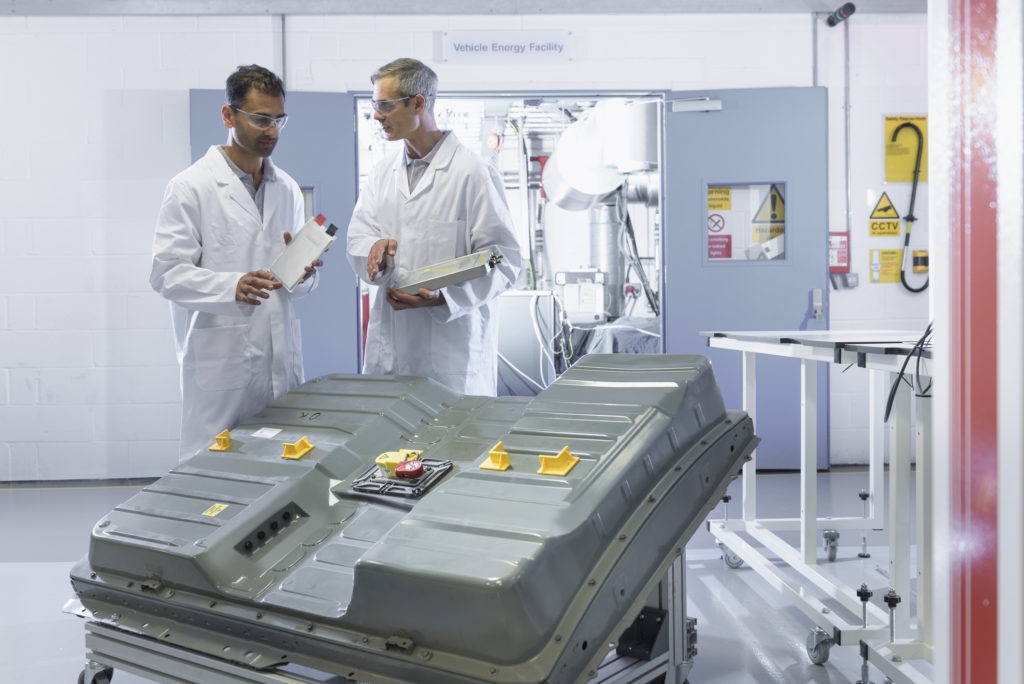Manufacturers interested in alliances for new technology development
11 October 2018

11 October 2018
Renault-Nissan and Daimler may expand their current cooperation to battery and autonomous technologies together with mobility services.
As manufacturers look to boost their technology in the wake of stricter limits on CO2 together with the advance of driverless projects, many are looking to cooperate in certain areas. The automotive industry is becoming smaller as a result, with many companies sharing systems and development to remain competitive against rivals.
′The industry being in transformation in the area of connectivity, autonomous cars and connected services, there are plenty of areas of cooperation for our entities,’ Renault-Nissan CEO Carlos Ghosn told a news conference in Paris.
′It could be an advantage for the companies to pursue different avenues of battery research and to pool their findings, as the industry seeks better battery chemistry for electric cars,’ Daimler chief Dieter Zetsche added.
The two companies began their alliance in 2010, a partnership that covers various projects including engines, compact cars and a pickup model for Daimler’s Mercedes-Benz brand.
Renault-Nissan is a leader in electric vehicle (EV) technology, with the Zoe and Leaf models performing well on the sales markets. Daimler has recently shown its first EV, the EQC, and plans for more models in its sub-brand to boost its presence in the growing market. Therefore, expanding its collaboration in this area will help the German brand, while giving the Alliance access to further areas of research and development.
Ghosn said the industry was seeing increased demand for electric vehicles. ′The higher price of oil, the more tailwind you will have behind electric cars,’ he said, adding that a shortage of battery cells and electric motors means the auto industry is unable to meet the demand for zero-emission vehicles, irrespective of short-term oil price moves.
Additionally, working together on mobility services is something that Daimler is already used to. Earlier this year, the company merged its car2go operation with BMW’s DriveNow, creating a business that offers car-sharing to a greater market.
PSA open
Meanwhile, PSA Group has said it is open to new industry tie-ups and is attracting attention following its turnaround in fortunes and work in bringing Opel and Vauxhall back to profitability following its purchase in August last year.
Under CEO Carlos Tavares, the company has come from being close to bankruptcy in 2014 to recording record levels of profitability. The group posted a 7.8% first-half operating margin as it returned Opel to profit less than a year after acquiring the business from General Motors.
While PSA remains focused on its own operational strategy, Tavares said, deal opportunities may arise as other manufacturers struggle with tightening emissions regulation and increasing investment and technological demands.
′If we accumulate wealth and good financial results, we may, at some point in time, be facing an opportunity coming from breakdowns in the industry,’ he said. ′As we have always said, we will always consider opportunities.’